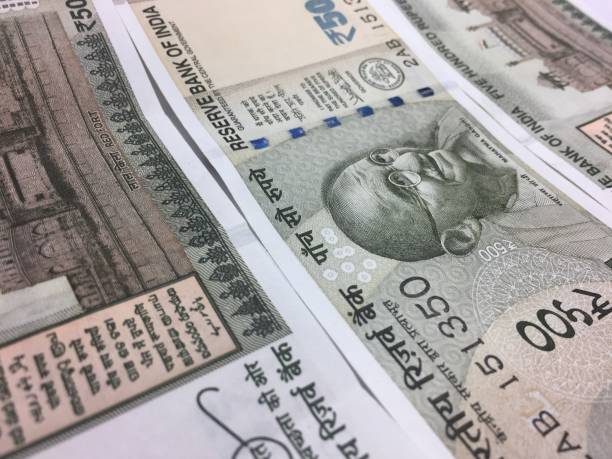The lottery system in North India is a fascinating interplay of tradition, chance, and social responsibility. It offers a unique blend of excitement and the possibility of financial gain, while also playing a vital role in funding community initiatives. This article explores the historical evolution of lotteries in North India lottery, highlights key games, examines the legal framework, analyzes their social impacts, and discusses the influence of technology in this vibrant sector.
Historical Context
Lotteries in India have a long history, with roots dating back centuries. However, the modern lottery system began to take shape during the British colonial era, when lotteries were introduced as a means to raise revenue. This practice continued after independence, with various North Indian states establishing their own lottery systems to fund social programs and community development projects.
States like Punjab, Himachal Pradesh, and Uttarakhand have developed unique lottery frameworks that reflect local customs and values. Over the years, the legal framework governing these lotteries has evolved, focusing on transparency and fairness to ensure public trust and participation.
Prominent Lottery Games
Several key lottery games dominate the North Indian landscape, each offering distinct features and prize structures:
Punjab State Lottery
The Punjab State Lottery is among the most prominent in the region, known for its variety of schemes and frequent draws. With tickets available through licensed vendors and online, it is easily accessible to a wide audience. The potential for substantial cash prizes draws many participants eager to try their luck.
Himachal Pradesh State Lottery
Renowned for its transparent operations, the Himachal Pradesh State Lottery offers generous prize distributions. Various schemes, including the well-known “Dhan Ka Ghar” lottery, provide significant cash prizes, with proceeds often allocated to essential public services such as education and healthcare.
Uttarakhand State Lottery
The Uttarakhand State Lottery is characterized by its affordability and accessibility, making it appealing to a broad range of players. The funds raised are frequently used for community development projects, contributing positively to local welfare.
Private Lotteries in Delhi
While Delhi does not have a state-run lottery, numerous private operators provide lottery services. These private lotteries are regulated to ensure fairness and often feature enticing prizes, attracting a diverse group of participants.
Legal Framework
The lottery system in India is governed by the Lotteries (Regulation) Act of 1998, which establishes a legal framework for conducting lotteries. Each North Indian state has tailored its regulations to meet local preferences while adhering to national standards.
Licensed vendors manage ticket sales, and the drawing processes are designed to maintain transparency and integrity. This regulatory environment is essential for preventing fraud and building public confidence in the lottery system.
Social Implications
The social impacts of lotteries in North India are significant and multifaceted. On the positive side, lotteries provide entertainment and a potential source of financial improvement for many, particularly those in economically challenging situations. The revenue generated often supports vital public services, such as healthcare, education, and infrastructure.
Conversely, concerns about gambling addiction and its effects on vulnerable populations cannot be ignored. Promoting responsible gaming practices and raising awareness about potential risks are essential to ensure healthy participation.
Technological Advances
The integration of technology has transformed the lottery landscape in North India. Online ticket sales and digital platforms have enhanced accessibility, allowing more individuals to participate. This shift not only streamlines the purchasing process but also fosters transparency, reducing the risk of fraud.
Mobile apps and websites provide real-time updates on lottery results, keeping players informed and engaged. This technological evolution has modernized the lottery experience and increased trust among participants.
Conclusion
The lottery system in North India embodies a rich blend of tradition, regulation, and innovation. It offers exciting opportunities for financial gain while contributing to essential public services and community welfare. However, https://www.northlottery.org the challenges associated with gambling must be managed with care.
As technology continues to evolve, it is crucial to maintain a balance between enjoyment and responsible practices. For many in North India, lotteries represent hope and the possibility of a brighter future. By emphasizing transparency and ethical conduct, the lottery system can thrive, providing dreams and opportunities for millions across the region.

